#janus films
Text

Maggie Cheung on the set of Wong Kar-wai's In the Mood for Love (2000).
#maggie cheung#wong kar wai#fallen angels#chungking express#2046#tony leung#takeshi kaneshiro#faye wong#ashes of time#days of being wild#as tears go by#my blueberry nights#movies#irma vep#criterion channel#janus films#chinese film#hong kong#cinematography#romance drama#films#french cinema#cinema#cinephile#80s movies#california dreaming#hotel california#best movie#love#movies aesthetic
3K notes
·
View notes
Text
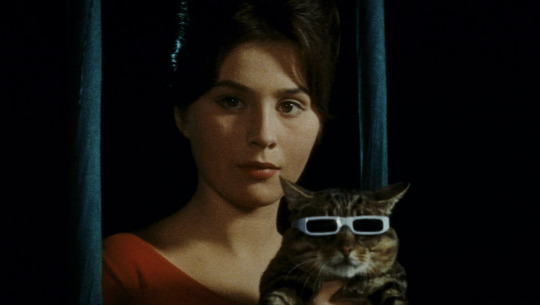
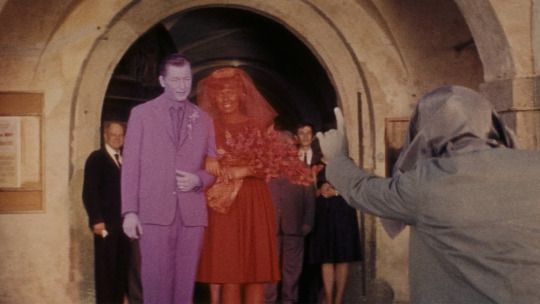
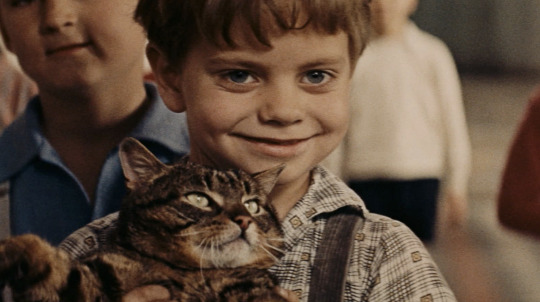

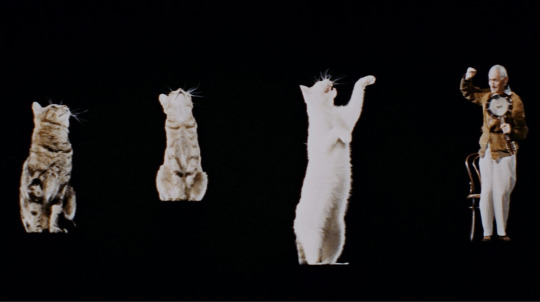
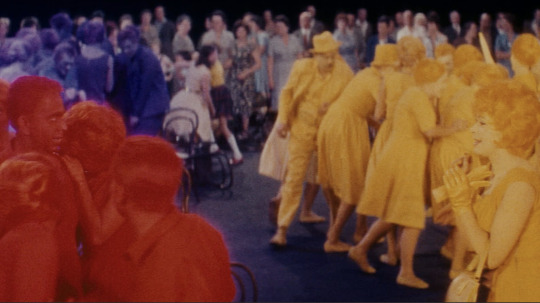
SUBLIME CINEMA #665 - CASSANDRA CAT
60's Czech new wave cult weirdness, about a cat that can read people's minds. Somewhat political allegory, it's one of the strangest offerings from that period of Czechoslovak filmmaking, now rediscovered and recently restored.
#cinema#films#cinematography#film#movies#movie#film stills#filmmaking#filmmaker#cinephile#janus films#the Cassandra cat#czech#Czech filmmaking#Czechoslovakia#60's#cannes#cannes film festival#restoration#cult#cult film#cult movie#fantasy#science fiction#weird#color#science fantasy#sci fi#foreign film#Vojtěch Jasný
109 notes
·
View notes
Photo

PARIS, TEXAS (1984) begins a special run at Film Forum in New York starting November 25 courtesy of Janus Films! 💞 💞 💞
#paris texas#nastassja kinski#wim wenders#harry dean stanton#sam shepard#film forum#the criterion collection#janus films
425 notes
·
View notes
Text
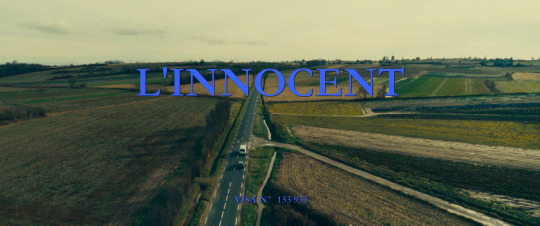

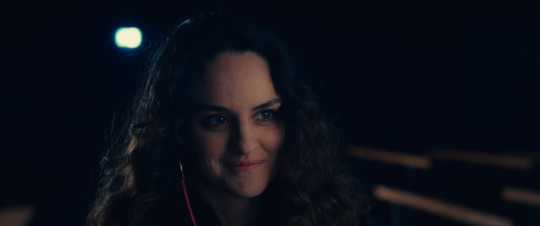
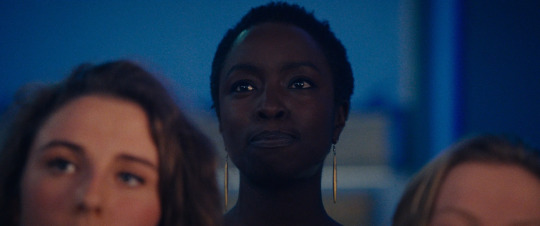

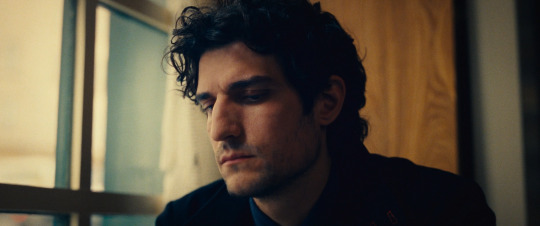
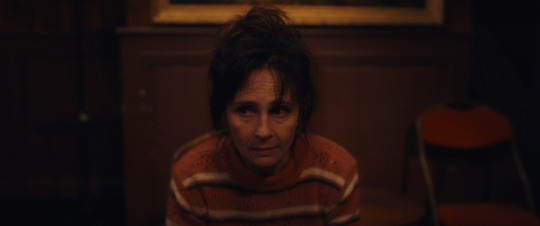
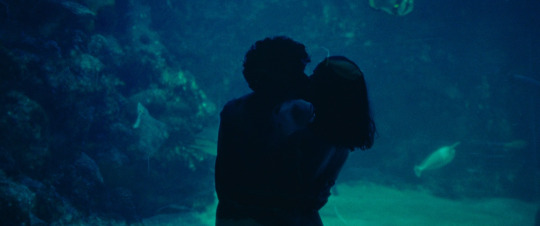

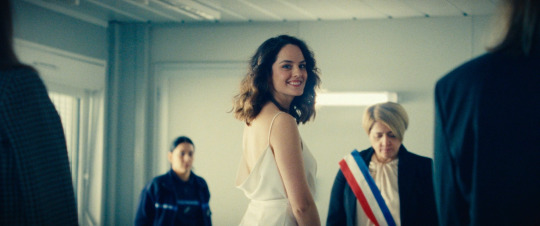
The Innocent (Louis Garrel, 2022)
65 notes
·
View notes
Text

#just remembered one of my favorite tweets ever and i wanted to put it on my blog#janus films#favorite#louposting
96 notes
·
View notes
Text

vimeo
#movie#film#cinema#czech cinema#Czech movie#Czech film#science fiction#Vimeo#Eastern Bloc science fiction#Eastern Bloc film#Jindřich Polák#film adaptations#Stanisław Lem#Janus Films#avant garde#utopian futurism#Ikarie XB 1#movie trailer#film trailer#movie poster#film poster
7 notes
·
View notes
Text
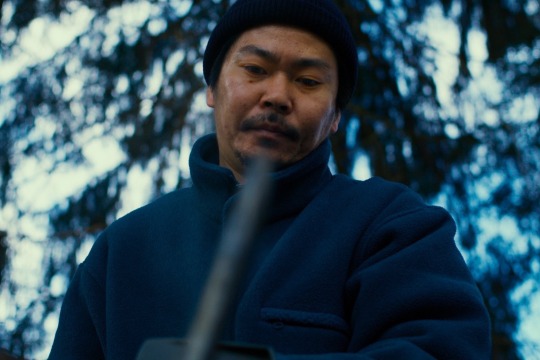
Evil Does Not Exist (dir. Ryûsuke Hamaguchi) x VIFF 2023.
It's an engaging yet unsettling portrait of anti-capitalist confrontation in the vein of true Japanese politeness. Despite the very serious, often grim tone, Evil Does Not Exist is frequently laugh-out-loud funny in its deliberately stilted dialogue. Still, Hamaguchi contines to make driving in cars and smoking silently (or doing both at the same time) look so damn cool on screen.
Screened at the 2023 Toronto International Film Festival as part of the Special Presentations program.
#evil does not exist#viff#viff 2023#japanese#japanese film#japanese movie#japanese cinema#ryusuke hamaguchi#ryûsuke hamaguchi#movie#movies#movie review#film#film review#tiff#tiff 2023#cinema#janus films#hitoshi omika#ryo nishikido#ryuji kosaka#ayaka shibutani
13 notes
·
View notes
Text

janus films' official account is the funniest bitch on letterboxd, hands down
15 notes
·
View notes
Text




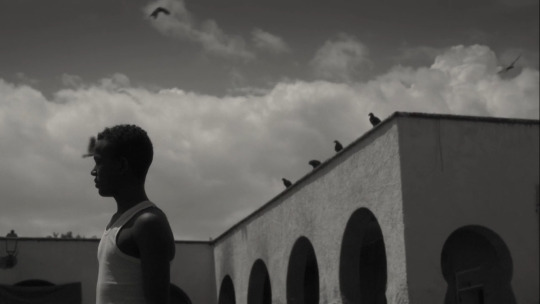




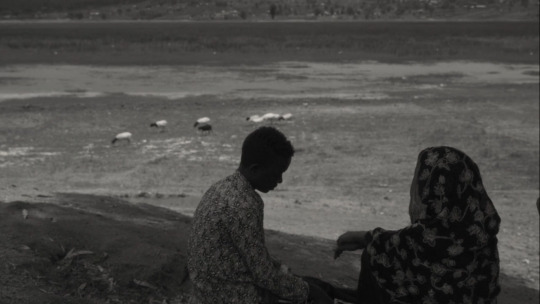
Faya Dayi (2021) dir. Jessica Beshir
#faya dayi#jessica beshir#film stills#film#mine#cinema#movie#movies#sudan#sudanese#african cinema#african film#movie screenshots#movie screencaps#janus films#criterion channel#mubi#mubi release
132 notes
·
View notes
Link
“In the 1950s, Japanese cinema enjoyed what is widely discussed as its second “golden age” – a period in which the country’s filmic output was considered among the best in the world. This was a time when directors like Akira Kurosawa (Rashomon), Kenji Mizoguchi (Ugetsu) and Masaki Kobayashi (Harakiri) were winning top awards in Europe. Japanese genre classics were transforming the shape of Hollywood – as Seven Samurai, Yojimbo and The Hidden Fortress were soon-to-be adapted to create The Magnificent Seven, A Fistful of Dollars and Star Wars in the West. And as Godzilla was born out of the atomic destruction of Hiroshima and Nagasaki, Yasujirō Ozu (Tokyo Story) was creating gentle cinematic works that are today admired as some of the greatest of all time.
But while the stars of the screen were both male and female, the influential figures behind the cameras were predominantly men; the effect of a deeply patriarchal society historically bound by tradition. Most discussions of this deeply influential period of global cinema, in fact, will have little to say about female filmmaking at all – there were so few figures consistently working in the field. It was not until a young Naomi Kawase (Suzaku) won the Caméra d’Or at Cannes in 1997 that women filmmakers of Japan truly found sustained recognition overseas.
Much-welcomed, then, is the BFI’s latest film season, in collaboration with Edinburgh Film Festival (EIFF) and Janus Films. Titled Kinuyo Tanaka: A Life in Film, it explores the outstanding works of one of the country’s first-ever female auteurs – whose incredible and under-seen films have been newly restored in 4K. A screen icon in her own right (highlights from her incredible acting career, including collaborations with nearly all of the aforementioned filmmaking giants, are to be shown in September), Tanaka defied the male gatekeepers of the industry to carve out her own career behind the camera. She thrived in the process, delivering works that matched those of her male counterparts and often surpassed them.
Though her directing career was short (Tanaka completed six films in nine years in total), the stories she told were vital tales of female agency and desire that were essential to the cinematic development of one of the world’s great filmmaking nations.“
#kinuyo tanaka#japanese directors#japanese filmmakers#japanese cinema#female auteurs#janus films#edinburgh film festival#british film institute
76 notes
·
View notes
Text

Every time you see this guy, you know it's about to be a good time
27 notes
·
View notes
Text
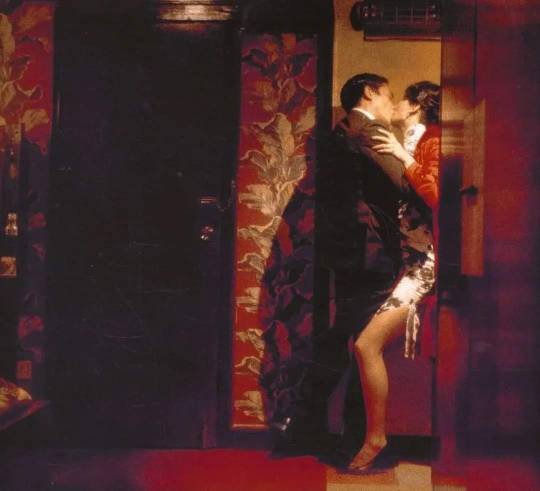
Wong Kar-Wai's In the mood for love deleted scene.
#in the mood for love#wong kar wai#faye wong#fallen angels#ashes of time#2046#chungking express#tony leung#takeshi kaneshiro#maggie cheung#as tears go by#days of being wild#my blueberry nights#irma vep#criterion collection#criterion channel#janus films#chinese fashion#chinese film#cinephile#80's movies#hotel california#california dreaming#cult movies#favorite movies#movies#best movies#films#cinematography#romance
3K notes
·
View notes
Text
Recently Viewed: Evil Does Not Exist
[The following review contains MINOR SPOILERS; YOU HAVE BEEN WARNED!]

What I admire most about director Ryusuke Hamaguchi is the clarity of his themes. Although his films tend to be narratively dense and structurally complex, it’s also entirely possible to express what they’re actually about in a single word. Drive My Car, for example, thoroughly explores the concept of communication—language, compromise, and unspoken regrets. His latest work, on the other hand—the hauntingly beautiful Evil Does Not Exist—is explicitly a meditation on the subject of balance.
The story revolves around a quaint, quiet rural community in a mountainous region of Japan. When a talent agency based out of Tokyo proposes a plan to develop a local deer trail into a luxurious camping resort, the residents vehemently oppose the notion; while the increased tourism might bolster the town’s economy, it would undoubtedly upset the delicate equilibrium of the ecosystem. The location of the site’s septic tank is particularly contentious; because its estimated volume is too insufficient to adequately accommodate the maximum number of guests, excess waste would inevitably pollute the groundwater—and, consequently, the nearby river. As the wise, affable village chief patiently explains to the project's hopelessly naïve public relations managers: “Water always flows downhill. What you do upstream will end up affecting those living downstream.”

This central conflict permeates every aspect of the production. The sound design is especially exquisite, contrasting the harmonious symphony of the undisturbed natural world—the rustle of dry leaves, the flutter and chirp of songbirds, the babble of a trickling brook—with the dissonant cacophony of mankind’s gradual encroachment—the mechanical roar of a chainsaw, the echoing thwack of an axe splitting logs, the thundering crack of distant hunting rifles. The cinematography is similarly characterized by juxtaposed extremes. Hamaguchi favors long, uninterrupted takes observed from only one camera angle; he’ll pan slightly to adjust the frame, but otherwise refuses to artificially impose rhythm via editing. This deliberate pacing makes the jarringly abrupt transitions between scenes more impactful; cutting from a static image to a rough, jittery handheld shot immediately shatters the previously still, serene atmosphere, disorienting the audience and irrevocably altering their perception of the setting.
A friendly warning to less adventurous viewers: do not seek out this movie expecting a happy ending, or even a concrete conclusion; as the end credits roll, major plot threads are intentionally left unresolved, and several significant questions remain unanswered. A conventional tragedy would, at the very least, provide some semblance of closure—a coda suggesting that the preceding suffering ultimately served a greater purpose. Evil Does Not Exist, however, offers no such “comfort” or “satisfaction”—just the hollow dread of an uncertain future.
#Evil Does Not Exist#Ryusuke Hamaguchi#Japanese film#Japanese cinema#Janus Films#Film Forum#film#writing#movie review
5 notes
·
View notes
Photo

A wonderful visit from Jerzy Skolimowski, whose new film EO—winner of the Jury Prize at Cannes and Poland’s official entry for Best International Film at the 95th Academy Awards®—is now playing in NYC courtesy of Janus Films!
58 notes
·
View notes
Text
youtube
my most anticipated film of 2024
11 notes
·
View notes
Photo

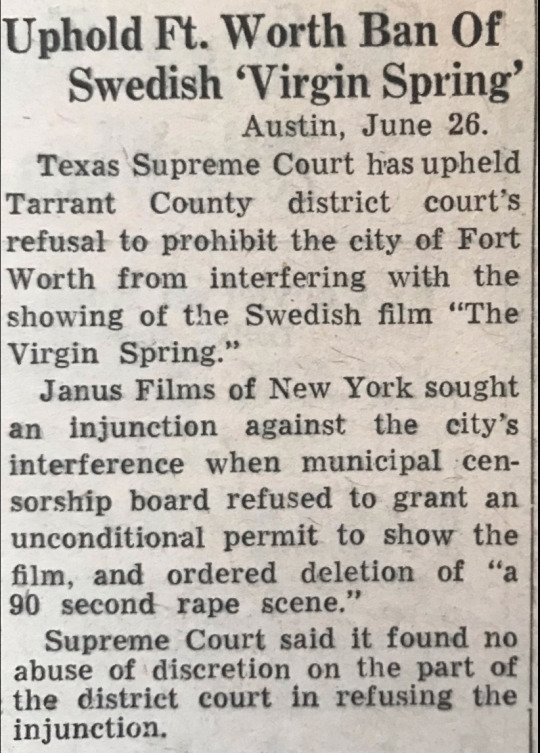
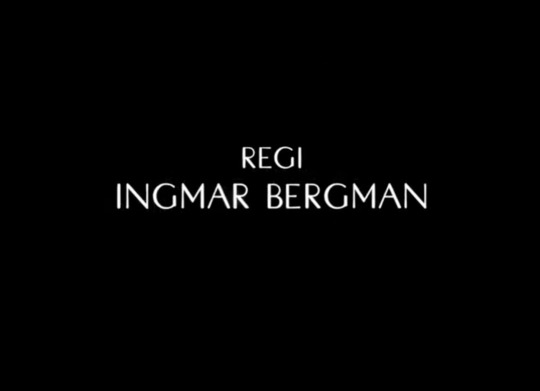
1962.
The Texas Supreme Court upheld the censorship of Ingmar Bergman.
21 notes
·
View notes